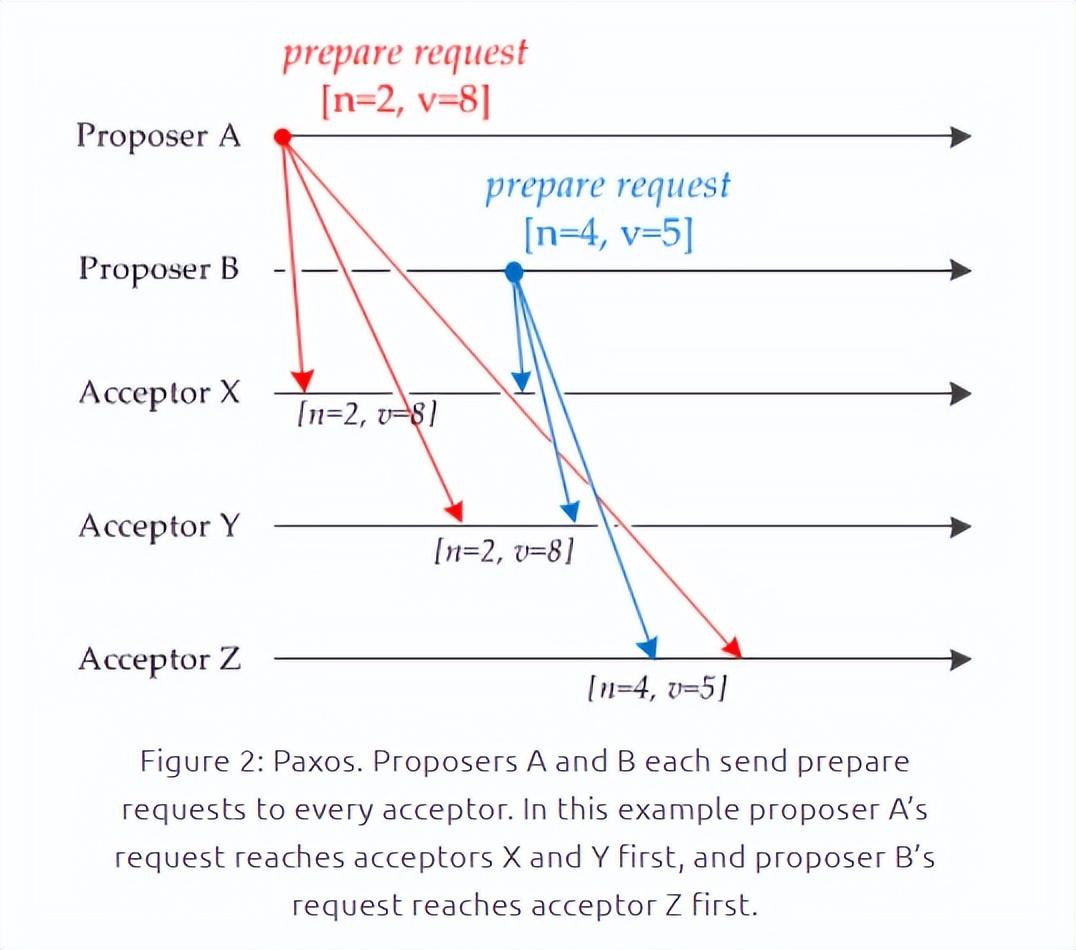std::shared_ptr:
- 原理:std::shared_ptr是基于引用计数的智能指针,用于管理动态分配的对象。它维护一个引用计数,当计数为零时,释放对象的内存。
- 使用场景:适用于多个智能指针需要共享同一块内存的情况。例如,在多个对象之间共享某个资源或数据。
std::shared_ptr<int> sharedInt = std::make_shared<int>(42);
std::shared_ptr<int> anotherSharedInt = sharedInt; // 共享同一块内存std::unique_ptr:
- 原理:std::unique_ptr是独占式智能指针,意味着它独占拥有所管理的对象,当其生命周期结束时,对象会被自动销毁。
- 使用场景:适用于不需要多个指针共享同一块内存的情况,即单一所有权。通常用于资源管理,例如动态分配的对象或文件句柄。
std::unique_ptr<int> uniqueInt = std::make_unique<int>(42);
// uniqueInt 的所有权是唯一的
std::weak_ptr:
- 原理:std::weak_ptr是一种弱引用指针,它不增加引用计数。它通常用于协助std::shared_ptr,以避免循环引用问题。
- 使用场景:适用于协助解决std::shared_ptr的循环引用问题,其中多个shared_ptr互相引用,导致内存泄漏。
std::shared_ptr<int> sharedInt = std::make_shared<int>(42);
std::weak_ptr<int> weakInt = sharedInt;
std::auto_ptr(已废弃):
- 原理:std::auto_ptr是C++98标准引入的智能指针,用于独占地管理对象。但由于其存在潜在的问题,已在C++11中被废弃。
- 使用场景:在C++98标准中,可用于独占性地管理动态分配的对象。不推荐在现代C++中使用。
std::auto_ptr<int> autoInt(new int(42)); // 已废弃© 版权声明
本站文章由不念博客原创,未经允许严禁转载!
THE END










